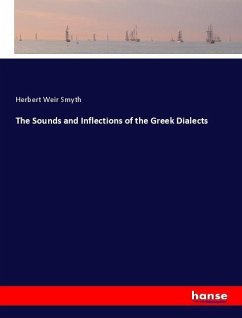This saga opens in the year 460 B.C. Two decades have elapsed since Persia's naval defeat at Salamis. Eighteen miles to the west lies Aegina which Athens must defeat before she can achieve her Golden Age. Telamon, Aegina's leader is captured by Persians near Cyprus and for two years is forced to assists Persia with its struggle against the Scythians and a revolt in Egypt. Indebted to Telamon, Persia's King returns him to Aegina where he plans to marry Souria. In the second part of the trilogy Telamon marries Souria, as Aegina's protracted struggle with Athens unfolds, and ends with Aegina's defeat and Telamon and Souria's escape to Carthage. The third book follows Telamon and Souria's lives in Carthage and then Curium on the Island of Cyprus in the eastern Mediterranean.
Bitte wählen Sie Ihr Anliegen aus.
Rechnungen
Retourenschein anfordern
Bestellstatus
Storno








